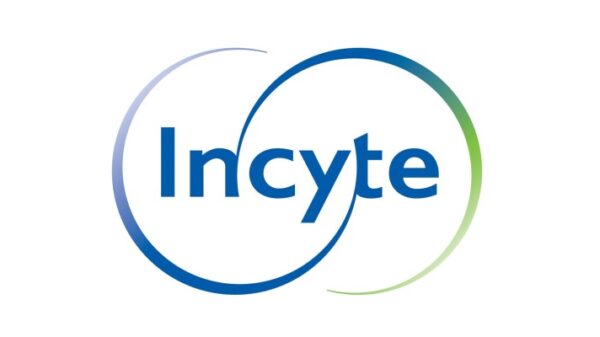EnterpriseDB (EDB) introduced significant advancements in data lakehouse architectures and application modernization at the annual Open Storage Summit hosted by Supermicro in Wilmington, Delaware. The company emphasized the pivotal role of Postgres in helping enterprises address the challenges of agility, scalability, and compliance in an era increasingly dominated by artificial intelligence (AI).
During the summit, EDB highlighted findings from its 2025 Sovereignty Matters research, which revealed that only 13 percent of enterprises have deployed agentic AI at scale. The majority continue to struggle with fragmented data systems and outdated architectures that do not support the demands of hybrid and AI-ready environments. EDB’s updates positioned its Postgres-based solutions as a universal data foundation for organizations looking to unify data, modernize applications, and maintain control over their systems.
Simon Lightstone, EDB’s director of product management for hardware systems, presented two critical themes: first, the integration of Postgres with Apache Iceberg and Delta formats to unify transactional, analytical, and vector data in lakehouse environments; and second, the modernization of legacy enterprise applications into cloud-native systems designed to accommodate AI workloads.
According to Devin Pratt, research director at IDC, EDB’s focus on Postgres establishes it as a key enabler for organizations facing the dual challenges of increasing data volumes and the urgent need for AI-driven innovation. Recent performance testing results further affirmed this position. In collaboration with AMD, Lightbits, and Supermicro, EDB Postgres AI achieved nearly one million read-only transactions per second, alongside approximately 700,000 mixed transactions across 12 clusters. These results illustrate the platform’s multi-tenant scalability without compromising performance.
Benchmarks indicated that EDB’s platform delivers up to six times the performance of community Postgres and offers up to 90 percent better value compared to major cloud databases. For agentic and generative AI workloads, EDB reported a threefold increase in the speed of delivering AI-enabled applications compared to traditional do-it-yourself cloud deployments.
EDB PG AI is designed to consolidate operational, analytical, and vector data into a single platform. It also provides modernization pathways for enterprises to refactor applications, transition to cloud-native systems, and ensure observability across their PostgreSQL estates. The company reiterated its commitment to open-source principles, interoperability, and freedom from vendor lock-in.
“The rise of AI is driving unprecedented demand for optimized infrastructure, especially for inference and real-time workloads,” Lightstone stated. “What enterprises want is an intelligent, cloud-native platform that works everywhere—on premises, in hybrid environments, and in the cloud—and that integrates easily with the tools they use today. This is exactly what EDB PG AI delivers.”
As AI adoption continues to accelerate, yet enterprise readiness remains inconsistent, EDB is positioning its Postgres-based platform as a comprehensive solution capable of managing both traditional data workloads and emerging AI applications at scale.







































































